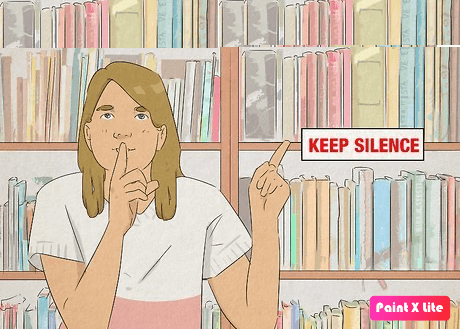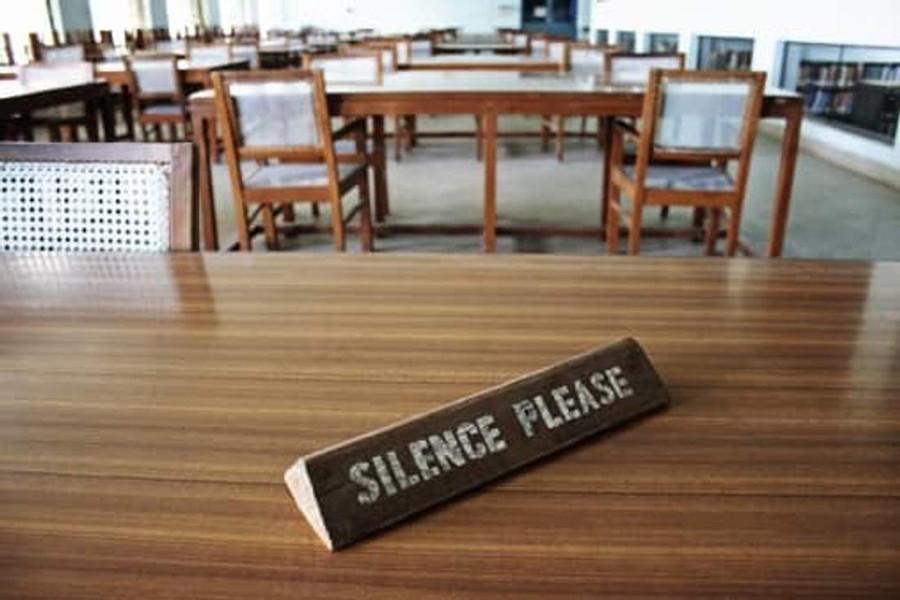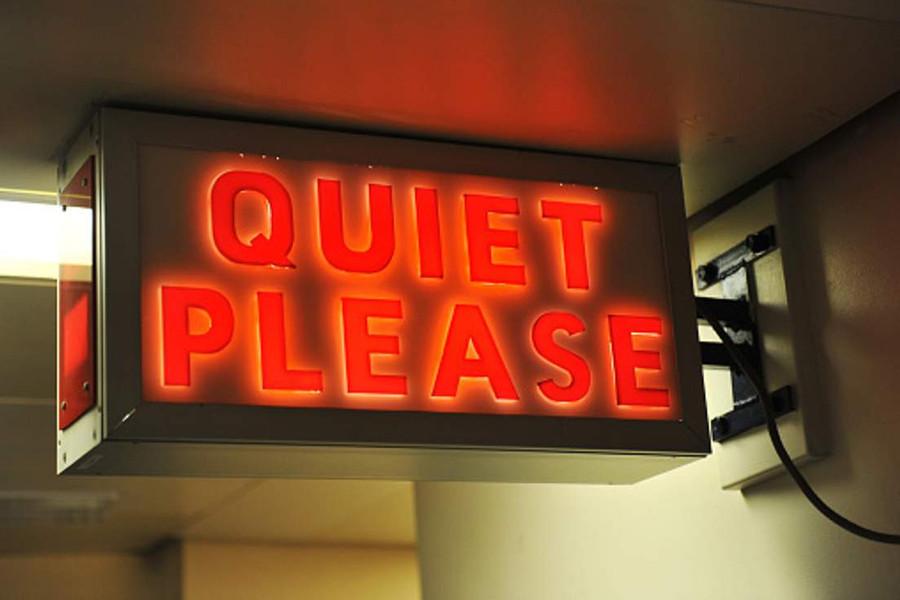8 Ways to Tell Someone to Be Quiet
Curated from: merriam-webster.com
Ideas, facts & insights covering these topics:
10 ideas
·1.59K reads
13
Explore the World's Best Ideas
Join today and uncover 100+ curated journeys from 50+ topics. Unlock access to our mobile app with extensive features.
8 Ways to Tell Someone to Be Quiet
- Zip it - to stop talking immediately.
- Hush - usually used to tell someone to be quiet
- Conticent - silent.
- Obmutescence - a becoming or keeping silent or mute.
- Shush - to urge to be quiet.
- Shut Your Pie Hole - used to tell someone to stop talking.
- Silence - forbearance from speech or noise; muteness — often used interjectionally.
- Basta - that’s enough; stop it!
36
442 reads
31
182 reads
Hush
Usually used to tell someone to be quiet.
Hush may function as a number of different parts of speech (verb, noun, and adjective), although it comes from a Middle English interjection (huissht, used to enjoin silence). When formed with the adjective suffix -ful it gives us hushful, meaning “full of silence; quiet.”
31
135 reads
“Hush, hush!” I interrupted. “Still you have not told me, Heathcliff, how Catherine is left behind?”
EMILY BRONTË, WUTHERING HEIGHTS, 1847
33
210 reads
Obmutescence
Definition - a becoming or keeping silent or mute.
Obmutescence is another lovely and obscure entry in the catalog of words for being quiet. It comes from adding the prefix ob- (to, toward) to the Latin mutescere (to become mute).
33
152 reads
Shush
Definition - to urge to be quiet.
Although shush and hush would appear to be cut from the same cloth, etymologically speaking, the two words are distinct.
Shush is of imitative origin, and is often used in the imperative to urge cessation of talk or moderation of sound.
30
103 reads
Shut Your Pie Hole
Definition - used to tell someone to stop talking.
Shut your pie hole may not be apt for most academic writing.
This euphonious idiom is first found in Stephen King’s 1983 novel Christine. However, this use is preceded by a similar turn of phrase, shut your cake-hole; in both cases referring apparently to the mouth, through which one might ingest either cake or pie.
31
97 reads
Silence
Definition - forbearance from speech or noise; muteness — often used interjectionally.
“Silence!” is always a good thing to yell when trying to quiet a room full of unruly children. It is unlikely to have such effect, but at least manages to convey an air of gravitas.
The word comes from the Latin silens (silent), which also serves as the root of a number of other, lesser known words relating to quiet, including silential (conducted in silence) and silentious (habitually silent).
30
74 reads
Basta
Definition - that’s enough; stop it!
Although it is often used in English, we label basta as an Italian and Spanish verb. This is due to the fact that it has never really been fully naturalized in English, even though it has been in some use for hundreds of years.
- The word may be found as far back as 1543, when Sir William Paget used it in a letter to the Earl of Hertford (“but as the Italyen saith, Basta”).
- It also appears in the writings of a number of 17th century playwrights, including Shakespeare and Ben Jonson.
33
90 reads
IDEAS CURATED BY
CURATOR'S NOTE
When shushing just isn't cutting it
“
Daniel Goran's ideas are part of this journey:
Learn more about personaldevelopment with this collection
Understanding the psychological rewards of bad habits
Creating new habits to replace old ones
Developing self-discipline
Related collections
Similar ideas
10 ideas
10 Words to Make You Sound Wicked Smart
yourdictionary.com
11 ideas
10 Polite Words for Impolite People
merriam-webster.com
6 ideas
Always Say Less Than Necessary (48 Laws of Power)
shortform.com
Read & Learn
20x Faster
without
deepstash
with
deepstash
with
deepstash
Personalized microlearning
—
100+ Learning Journeys
—
Access to 200,000+ ideas
—
Access to the mobile app
—
Unlimited idea saving
—
—
Unlimited history
—
—
Unlimited listening to ideas
—
—
Downloading & offline access
—
—
Supercharge your mind with one idea per day
Enter your email and spend 1 minute every day to learn something new.
I agree to receive email updates










